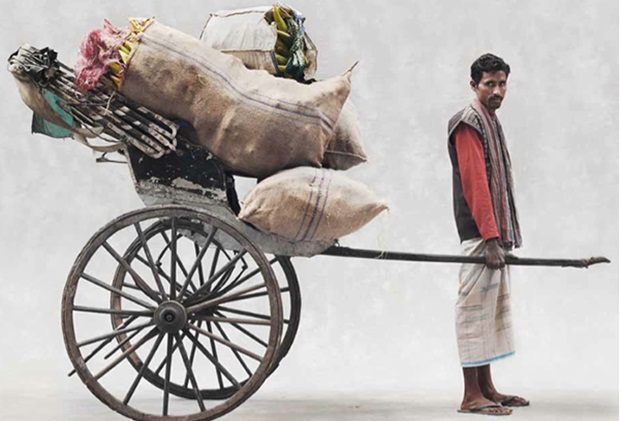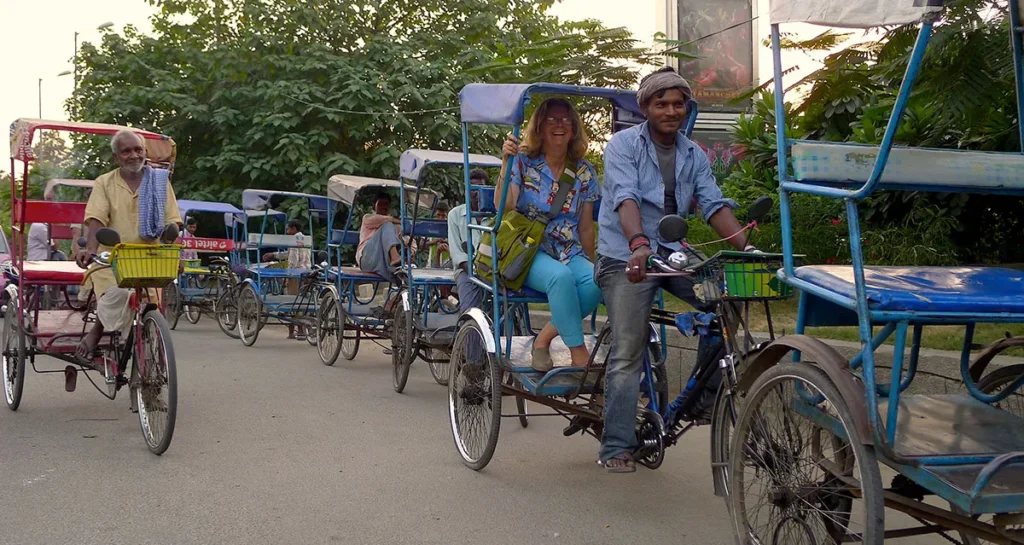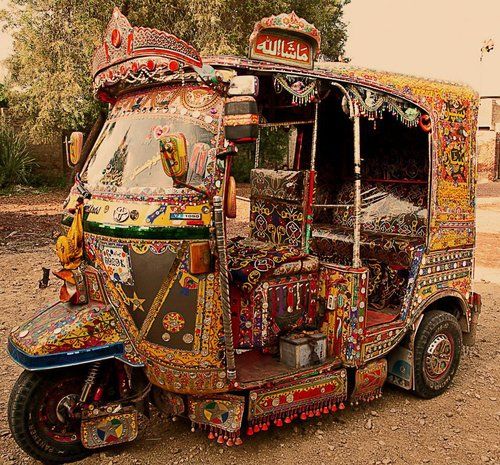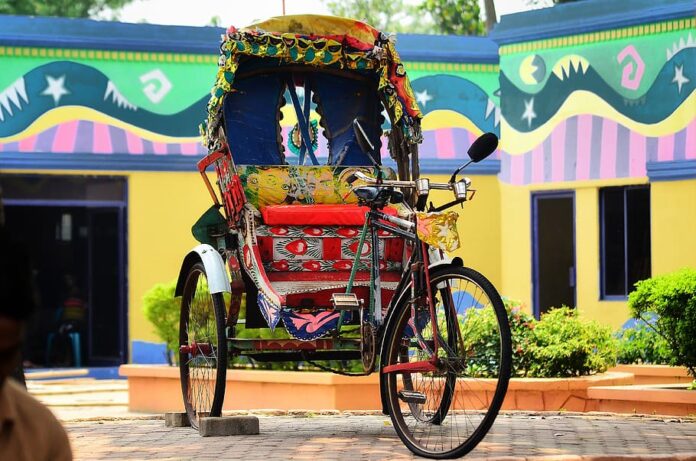Discover the rich history and modern evolution of rickshaws in India, from the traditional hand-pulled versions to the iconic auto rickshaws that navigate the bustling streets of Indian cities today. This article explores the significance of rickshaws as a popular mode of transportation, their environmental impact, and the leading manufacturers driving innovation in the industry.
Rickshaws, derived from the Japanese term for “human-powered vehicle,” have been an integral part of transportation in India for decades, offering a convenient and affordable way to navigate congested urban landscapes. From the traditional hand-pulled rickshaws to the modern auto rickshaws, these iconic vehicles have evolved to meet the changing needs of commuters across the country.

In cities like Kolkata (Calcutta), hand-pulled rickshaws still coexist with their motorized counterparts, providing a glimpse into the rich tapestry of transportation history in India. However, it is the auto rickshaws, also known as tuk-tuks or autos, that have become synonymous with urban mobility in India, distinguished by their distinctive yellow and green paintwork.
Rickshaws offer a practical and cost-effective means of transportation in congested cities, particularly in areas where public transit infrastructure may be limited. Easy to operate, requiring minimal maintenance, and relatively energy-efficient, rickshaws have cemented their place as a preferred mode of commuting for millions of Indians.
In recent years, there has been a push towards eco-friendly alternatives, with many auto rickshaws now running on compressed natural gas (CNG) instead of traditional petroleum fuels. This transition towards cleaner energy sources aligns with India’s commitment to environmental sustainability and reducing carbon emissions.
Leading the charge in auto rickshaw manufacturing are companies like Bajaj Auto, which introduced India’s first auto rickshaw in 1959. Since then, the industry has witnessed significant growth, with a range of manufacturers producing electric and CNG-powered rickshaws to meet the increasing demand for eco-friendly transportation options.

Popular types of rickshaws include the traditional hand-pulled rickshaw, the cycle rickshaw (also known as a pedicab), and the auto rickshaw. Among the top manufacturers of electric rickshaws in India are companies like Thukral Electric, Kinetic Green, and Mini Metro EV, paving the way for a greener and more sustainable future.
As India continues to grapple with urban congestion and environmental concerns, rickshaws remain a vital component of the transportation network, offering a convenient, economical, and environmentally friendly mode of commuting for millions of people.
Tags: #RickshawHistory #AutoRickshaw #EcoFriendlyTransport #BajajAuto #ElectricRickshaw #UrbanMobility #SustainableTransport




